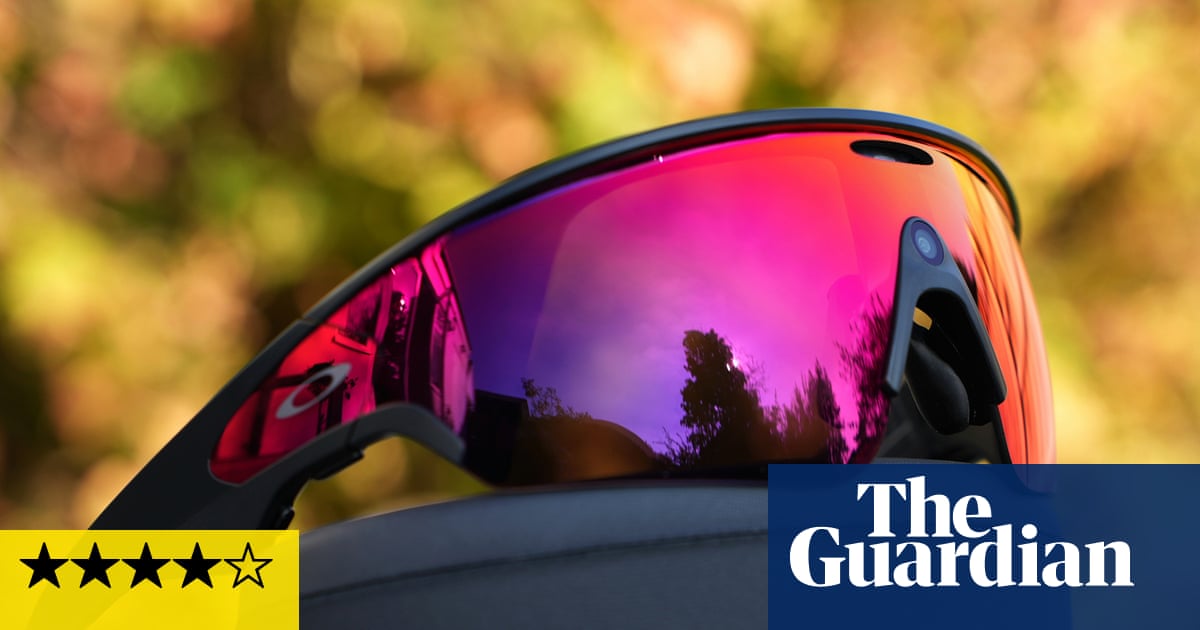Don’t miss out on our latest stories. Add PCMag as a preferred source on Google.
OpenAI is facing yet another lawsuit, this time from the Cameo app, which accuses the AI company of infringing on its trademark with the Cameo feature inside the Sora video generator.
Sora 2 debuted as an invite-only iOS app last month with a feature called Cameo, which allows users to upload their face and voice to the app and create AI-generated videos of themselves. More recently, it added the option to create character Cameos, which generate clips of “the characters in your life and imagination,” OpenAI says.
The Cameo app argues that using the Cameo moniker inside Sora is “a blatant disregard for the obvious confusion it would create.”
The Cameo app allows people to purchase personal messages from celebrities, influencers, and other public figures. With the launch of Cameo on Sora, however, some of those celebs—including Mark Cuban, Ricky Berwick, and Jake Paul—have opened their Sora Cameos, allowing anyone on Sora to generate their own videos featuring them.
Sora cameo examples (Credit: Cameo lawsuit against OpenAI)
“Users seeking a personalized celebrity video now have a choice—use [the] Cameo service to book talent and receive an authentic, custom video prepared by that celebrity, or use Sora’s ‘Cameo’ service to create an extremely realistic AI-generated video featuring a celebrity’s likeness,” Cameo says. “Thus, through its infringing use of [Cameo’s] trademark, [OpenAI] is misdirecting users from [the] Cameo-branded service for authentic, personalized Cameo videos to [its] AI-powered ‘Cameo’ service. And users are sharing videos from both [Cameo] and [OpenAI’s] respective services on the same social media platforms in massive numbers.
“When naming its new service, OpenAI had a multitude of options to choose from,” Cameo argues. But “in its rush to dominate new markets, [OpenAI] has once again trampled the intellectual property rights of others.”

Get Our Best Stories!
Your Daily Dose of Our Top Tech News

By clicking Sign Me Up, you confirm you are 16+ and agree to our Terms of Use and Privacy Policy.
Thanks for signing up!
Your subscription has been confirmed. Keep an eye on your inbox!
Cameo alleges it’s all a money grab for OpenAI, which is struggling to secure the necessary funds to purchase GPUs for its data centers. CEO Sam Altman admitted Sora 2 is intended to make people “smile, and hopefully make some money given all that compute need.”
Sora 2’s launch immediately ruffled Hollywood’s feathers after agents, studios, and celebrities caught it creating videos featuring copyrighted characters. In response, Altman said the company intends to give “rightsholders more granular control over generation of characters, similar to the opt-in model for likeness but with additional controls.”
“We are going to have to somehow make money for video generation,” Altman wrote in a blog post. “People are generating much more than we expected per user, and a lot of videos are being generated for very small audiences. We are going to try sharing some of this revenue with rightsholders who want their characters generated by users.”
Recommended by Our Editors
Altman says Sora offers a “new kind of ‘interactive fan fiction.'” Cameo calls it “trademark infringement, trademark dilution, and unfair competition…likely to cause consumer misunderstanding, dilute the brand’s identity, and mislead the public,” a spokesperson tells us.
The public is also uneasy about Sora’s ability to spread misinformation, according to a new study from AI content detection company Copyleaks. Of the 4,000 people it surveyed, 83% expressed concern about Sora’s ability to create fake or misleading content. More than half (53%) were extremely concerned, and 30% say they are somewhat concerned. Just 3% responded “not very or not at all concerned.”
The majority of respondents (61%) say AI-generated videos should clearly label themselves as such to distinguish from authentic footage. “These findings reinforce what our research uncovered firsthand: AI video tools are already being used to distort reality, and the public is both aware and alarmed,” Copyleaks says. “Sora is just the beginning.”
Disclosure: Ziff Davis, PCMag’s parent company, filed a lawsuit against OpenAI in April 2025, alleging it infringed Ziff Davis copyrights in training and operating its AI systems.
About Our Expert

Emily Forlini
Senior Reporter
Experience
As a news and features writer at PCMag, I cover the biggest tech trends that shape the way we live and work. I specialize in on-the-ground reporting, uncovering stories from the people who are at the center of change—whether that’s the CEO of a high-valued startup or an everyday person taking on Big Tech. I also cover daily tech news and breaking stories, contextualizing them so you get the full picture.
I came to journalism from a previous career working in Big Tech on the West Coast. That experience gave me an up-close view of how software works and how business strategies shift over time. Now that I have my master’s in journalism from Northwestern University, I couple my insider knowledge and reporting chops to help answer the big question: Where is this all going?
Read Full Bio









